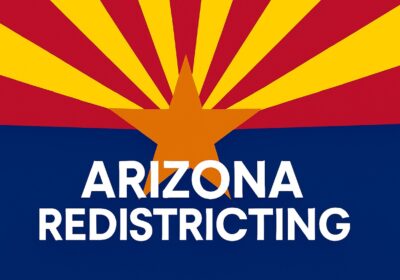NPR reports that Republican lawmakers on Capitol Hill are once again trying to whittle down who “counts” when House seats and Electoral College votes are allocated. Three GOP bills introduced this year would direct the 2030 census to identify non-citizens and then subtract some, or all, of them from the population totals used for apportionment. The newest measure, advanced this week by a House Appropriations subcommittee on a 9-6 party-line vote, would bar the Census Bureau from including undocumented residents. Companion bills from Sen. Bill Hagerty and Rep. Chuck Edwards go further, targeting every non-citizen, including those with green cards and visas. None of the proposals would alter how the census guides trillions in federal funding, but all would require the questionnaire to add a citizenship (and, in two bills, an immigration-status) question.
Critics warn that reviving the citizenship question, blocked by the U.S. Supreme Court in 2019, would erode census accuracy and open the door for state and local line-drawers to exclude children and non-citizens from their own district maps. Census research has flagged the question as likely to depress participation, while a 2015 memo suggests the resulting data could justify districts that ignore millions of residents.
Because the 14th Amendment directs that the “whole number of persons” be counted, any exclusion effort is expected to face immediate lawsuits. Legal experts note that even if Congress enacts one of the bills, the fight could stretch well into 2029, when census forms must be finalized, and might ultimately require a constitutional amendment, an option that would need support from two-thirds of each chamber and three-quarters of the states. Read the article at npr.org
Find us on:





